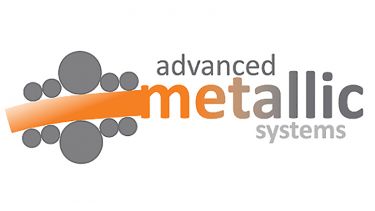Abaqus Masterclass with Konrad Perzynski

Event details
Description
This intensive three day course (Monday 8 - Wed 10 April) led by Dr Konrad Perzyński will take place at the Royce Discovery Centre at the University of Sheffield.
Abaqus is general multi-physics finite element analysis software that allows engineers to simulate complex real-world problems. It provides an extensive library of elements that can be used to model various types of geometries and material combinations to simulate the behaviour of components and devices. Both linear and non-linear responsive materials can be modelled ranging from metals, rubber, polymers, composites, reinforced concrete, crushable along with resilient foams, and geotechnical materials such as soils and rock.
Although this software was primarily designed as a general-purpose simulation tool for structural (stress/displacement) problems, it has evolved to now allow the study of heat transfer, mass diffusion, thermal management of electrical components (coupled thermal-electrical analyses), acoustics, soil mechanics (coupled pore fluid-stress analyses), and piezoelectric analysis.
It also can be linked to SOLIDWORKS, Python and CATIA allowing great flexibility and complexity to be included.
Course Aims:
To introduce students to the use of computer modelling and simulation techniques that cover wide time and length scales for the prediction and understanding of the structure and properties of materials.
To give an appreciation of modelling strategies available, estimation of the resources required to complete an analysis and assessment of the accuracy of the results.
Course Learning outcomes:
- an understanding of the assumptions and approximations that are involved in the modelling frameworks at the various time and length scales
- the ability to select a computational method(s) that is appropriate for a given materials modelling study
- define the possibilities offered by materials modelling and its potential uses
- a basic grasp of finite element methods and their application to materials problems
- an understanding of a basic molecular dynamics algorithm and the ability to analyse the results of the program to obtain materials properties
- an understanding of a basic Monte Carlo algorithm and how it can be used to calculate state properties
- Interpret results and write a report conveying the results of the analysis
Course Content
- Introduction to the Abaqus FE software.
- Development of mechanical type simulations.
- Development of thermal type simulations.
- Development of coupled thermo-mechanical type simulations.
- Development of multiscale modeling type simulations.
- Examples of user defined algorithms within the Abaqus FE software.
- Examples of user defined plugins within the Abaqus FE software.
- Case studies of numerical simulations within the Abaqus FE software.
- Review of alternative FE numerical applications.
Course Leader
Dr Konrad Perzyński, AGH University of Science and Technology
Faculty of Metals Engineering and Industrial Computer Science
Department of Pplied Computer Science and Modelling

Study with us
Study for a fully-funded PhD or EngD in Advanced Metallic Systems to explore innovative materials and manufacturing routes to increase sustainability and performance.
